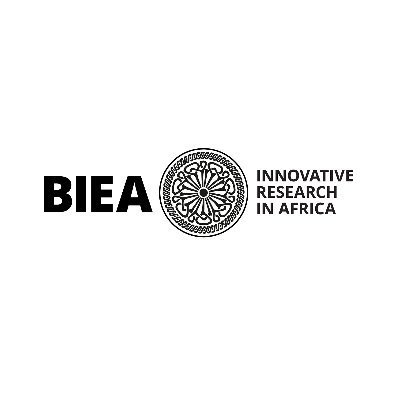
IN THE LAST TWO DECADES, AN INFORMATION REVOLUTION IN THE GLOBAL SOUTH HAS PROFOUNDLY SHAPED THE URBANISATION OF METROPOLITAN REGIONS.
Global and national initiatives to adopt smart technologies in local governments, with the claim that opportunities presented by digitalisation will resolve the challenges of urbanisation – are now literally automating regional futures. This project will conduct the first comprehensive South-South investigation of the dynamics of digitalisation-as-urbanisation – the transition to automated planning processes in metropolitan regions, and its impacts on regional urbanisation. The project will conduct research in peri-urban municipalities of three rapidly growing metropolitan regions where municipal digitalisation is directed towards strategic regional planning. These municipalities face major challenges with transforming paper-based colonial and postcolonial bureaucracies into automated planning processes within highly unequal contexts, and therefore represent the wider experience of digitalisation-as-urbanisation in the global south.

The project will answer the following research questions through the analytical framework of ‘digitalisation-as-urbanisation’.
| Digitalisation | Urbanisation | |
|---|---|---|
| Digitalising state | How is the ‘digitalising state’ assembled in the municipal scale? | How does the digitalising state automate urbanisation? |
| Information Infrastructures | How is information stored, circulated and retrieved? | How are information infrastructures territorialised? |
| Territorial Politics | How does digitalisation capture new territories for expansion? | How is territorial expansion contested and disrupted in the peripheries? |

aims &
objectives
The overall objective of the research is to investigate and assess the impacts of municipal digitalisation on transformation and rescaling of state spaces, territorialisation of information infrastructures and territorial politics of digitalisation shaping the dynamics of regional urbanisation in global south.
It will examine how widespread digitalisation initiatives in local governments are creating new regional futures with the claim that the opportunities presented by digitalisation will resolve global challenges of ‘unplanned’ urbanisation. This project will compare and analyse digitalisation-as-urbanisation initiatives in three metropolitan peripheries (Nairobi, Mumbai and Guadalajara) in the global south. Although digitalisation cuts across scales (federal, regional, urban), it will focus on the municipal scale to establish analytical depth and examine impacts of local governance on regional urbanisation. By putting existing literature on urbanisation in the global south in conversation with smart cities literature and scholarship on the everyday state, this project will initiate South-South comparison of digitalisation-as-urbanisation to trace the continuities and disruptions between colonial, postcolonial and digital governance, in directing urbanisation in the global south.
a) To build new ‘southern theories’ of urbanisation focussing on the digitalisation of regional governance.
b) To produce empirically original evidence of digitalisation-as-urbanisation through South-South comparisons of metropolitan peripheries of Mumbai, Nairobi and Guadalajara.
c) To develop innovative methodologies that combine interdisciplinary approaches from geography, anthropology and regional studies in investigating digitalisation-as-urbanisation.
d) To disseminate findings that are empirically rich and theoretically produced from the global south across multiple academic and lay audiences.
e) Build capacity among research institutions and early career researchers across the global south.




